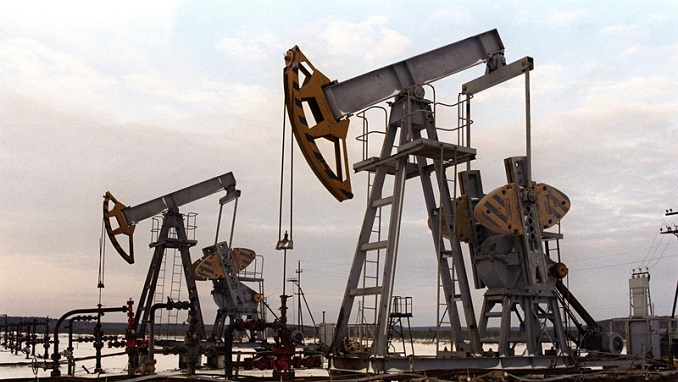Oil reserves in Russia have fallen sharply over the past ten years, Russian media reported. In 2010, the reserves amounted to 28.2 billion tons, and in 2020 those reserves were 19.1 billion tons, a report by the Ministry of Natural Resources on the state and protection of the environment for 2020 said.
At the same time, oil reserves increased in 2020 by 2.1% in annual terms.
Gas reserves in Russia amounted to 70 trillion cubic meters until 2015. But, already in 2016, the reserves dropped to 50 trillion cubic meters, and in 2020 – up to 49.2 trillion cubic meters. Last year’s figure was 0.2% more than in 2019, and 27.4% less than in 2010.
Coal reserves in Russia have remained almost unchanged over the past ten years – 275 billion tons, while in 2019 the volume of reserves was estimated at 375.5 billion tons. Last year, the estimated reserves were reduced by 26.8% versus 2019, but increased by 0.7% versus 2010.
The head of the Ministry of Natural Resources, Alexander Kozlov, said in an interview with RBC that oil reserves in Russia at the current level of production will be enough for 59 years, and gas for 103 years.
It is necessary to develop geological exploration in hard-to-reach places in order to increase the volume of reserves, Kozlov said.
Meanwhile, the head of the Federal Agency for Subsoil Use (Rosnedra), Yevgeny Kiselev, noted in April that the oil reserves will last for 58 years.
“But these are conditional indicators. With the development of technologies, this line will be constantly pushed back,” Kiselev explained and added that there will be enough oil reserves in Russia “indefinitely.”












